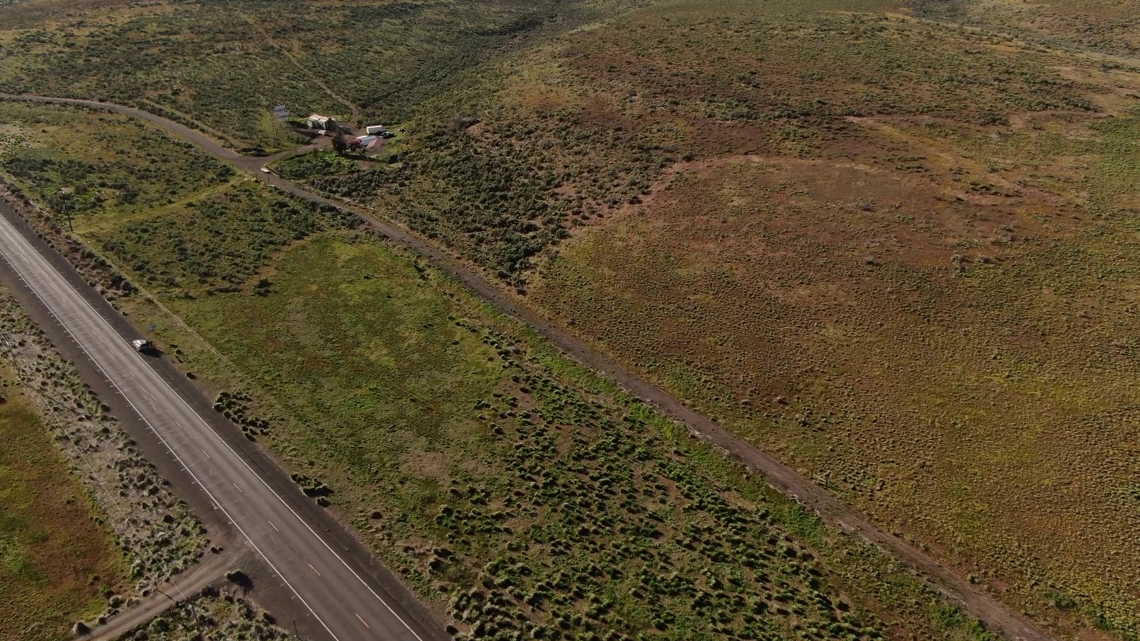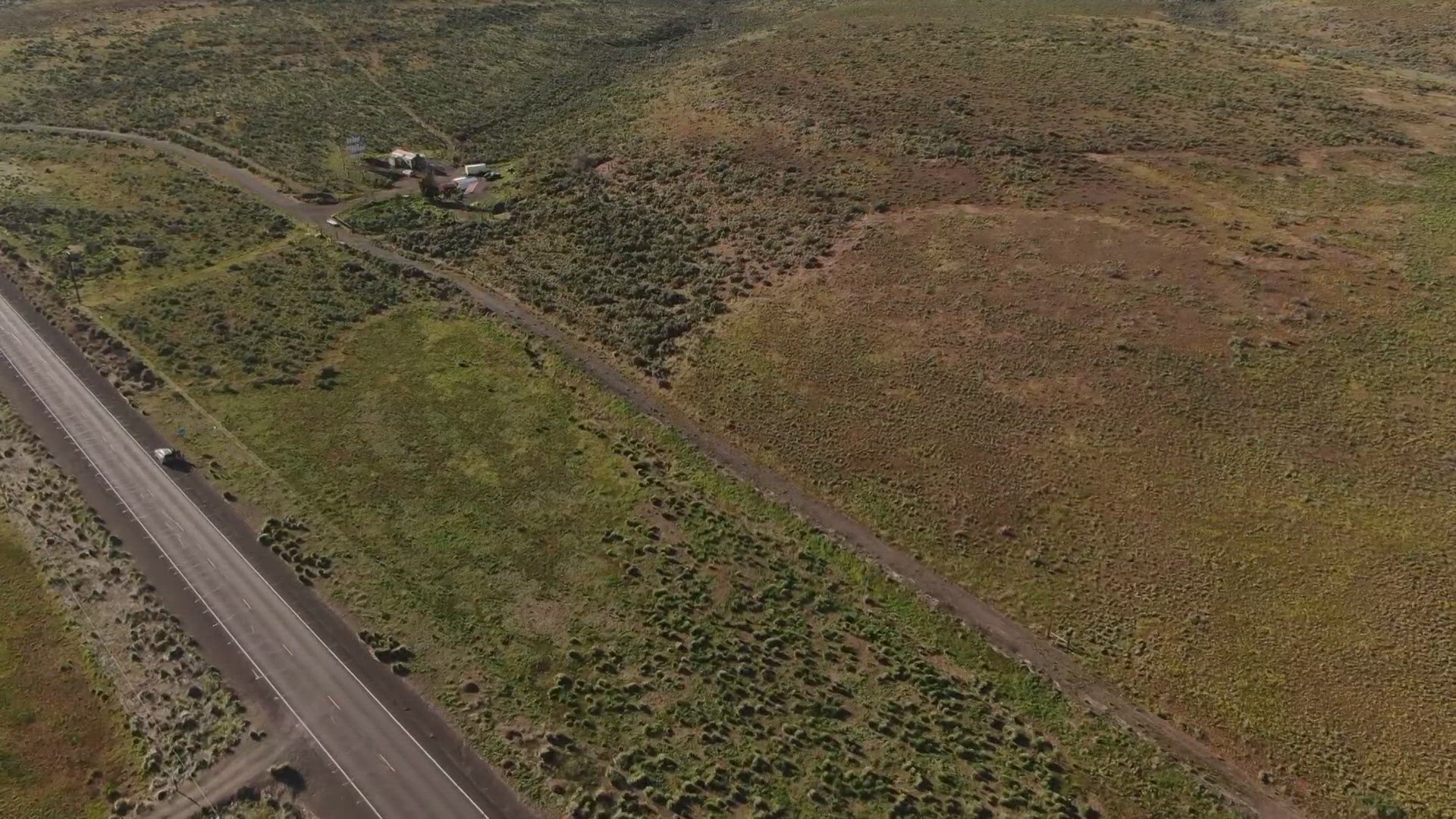ELLENSBURG, Wash. —
About 90% of wildfires in the northwest are started by humans, and despite repeated messaging about fire safety, that number continues to grow.
Hilary Franz, Washington’s Commissioner of Public Lands, said so far in 2024, there’s already been a 40% increase in fires in the state compared to the same time last year. This comes after 2023 brought more fires on the west side of the Cascades compared to the east side for the first time ever.
Franz attributes the change in geographic location of the fires to a lack of wildfire awareness from people on the west side, where major wildfires have historically been far less common than on the east side.
Washington Department of Natural Resources Wildfire Communications Manager Ryan Rodruck breaks down the numbers of human impacts on fires. He says 90% of fires are human-caused. Of that, 50% are accidental, other 50% are either negligence or a criminal act. Lightning is the main culprit for environmental causes, and it’s easy to go back and see if there was lightning in an area at the time of ignition.
Of the human-caused fires, Washington, Oregon and Idaho have similar trends, with the top human causes including debris burns and campfires that get out of control, plus vehicle impacts (including sparks flying from exhaust and chains or cigarettes thrown from windows) and sparks from yard work.
How do investigators determine the cause of wildfires?
“Think of any other investigation that you might see. They interview witnesses, they attempt to determine what that point source is, they’re taking in the environment around them, they’re also looking at what the behavior of the fire was, what the weather was that day. There's multiple factors that come into play when investigators arrive on scene,” said Rodruck.
He added that many of their fire investigators have a law enforcement background and use a similar skillset when investigating fires.
He uses the 2022 Vantage Highway fire as an example. This fire ended up burning more than 30,000 acres near Ellensburg. It was clear where the fire started because there was a clear line in the brush.


“One point of the investigation report references our investigator just walking back and forth along this stretch. Walking up and down up this hillside and eventually arriving at a lit cigar in roughly this area,” he said, noting that simply pacing the area is what helped them pinpoint the exact ignition location.
He said in this case, witnesses also played a key role.
“In this case, we were heavily reliant on witnesses. We had witnesses that were able to report seeing a cigarette butt coming out the window of a car headed toward vantage down the Vantage Highway,” Rodruck.
The main witness: Christine McCroskey.
“I was up on an excavator and I was looking out toward the road because that’s where I was digging and I saw a car going really fast which caught my attention, then I saw an explosion of flame,” said McCroskey.
McCroskey describes her home in this rural area as peaceful. She rescues dogs, has cows, and loves her quiet life. That heaven turned to hell in the days following the fire.
She said she never saw her calf pair again and had to sprint to save the rest of her animals.
As she still works to get her property back to where it was before the fire, she asks the community to be extra cautious.
“It seems to make logical sense that people just wouldn’t do that, but they do,” she said.
'We all have a responsibility to make sure we aren’t that spark'
Ultimately, the person who started the Vantage Highway person was never found. But Rodruck said if they were found, they would be held financially accountable.
“It took about 11 days to get it fully contained, over 150 fire staff. At the end of the day, the fire burned over 30,000 acres and ended up costing the taxpayers of Washington over $7.5 million,” he said.
He said in general, if the cause of a fire is determined to be negligent or criminal, it can take months or even years to complete the process, but DNR has an obligation to attempt to recover the costs of fires.
"We all have a responsibility to make sure we aren’t that spark,” said Rodruck.
Watch KING 5's Environmental playlist:

